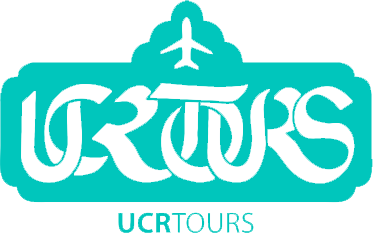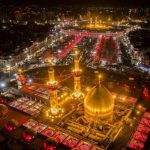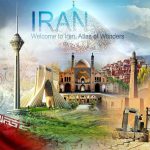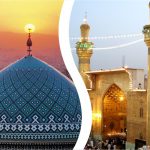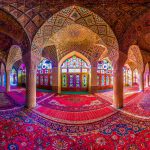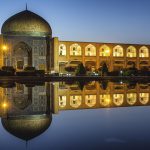Halal Tourism
Since 2016, the number of Muslim travelers has grown nearly 30 percent, with a population that is disproportionately young, educated and upwardly mobile, they are one of the fastest-growing demographics on the global tourism scene. According to the Global Muslim Travel Index (GTMI) 2017 the number of Muslim tourists growing to 156 million from 121 million in 2016.
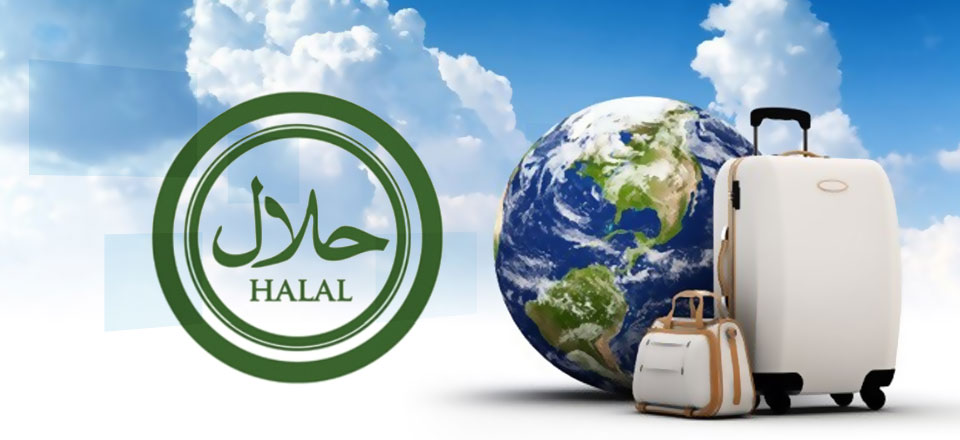
Halal tourism is a subcategory of tourism which is geared towards Muslim families who abide by rules of Islam. The hotels in such destinations do not serve alcohol and have separate swimming pools and spa facilities for men and women. Malaysia, Turkey and many more countries are trying to attract Muslim tourists from all over the world offering facilities in accordance with the religious beliefs of Muslim tourists. ‘Halal’ tourism is clearly a growing market segment, with Muslim tourists seeking destinations which meet their needs, in terms of diet, dress or rituals. Translated from Arabic, ‘halal’ means permissible in accordance with Islamic teaching. Alcohol, pork, nudity and gambling are off limits. Halal tourism industry also provides flights where no alcohol or pork products are served, prayer timings are announced, and religious programs are broadcast as part of entertainment offered on board.
Many international hotels do serve halal food that is slaughtered in accordance with the teachings of Islamic Sharia and is free of any substances forbidden by Islam such as pork and alcohol. Some hotels have employed people from the Muslim world to provide translation services and other assistance that may be needed by tourists from Muslim countries.
